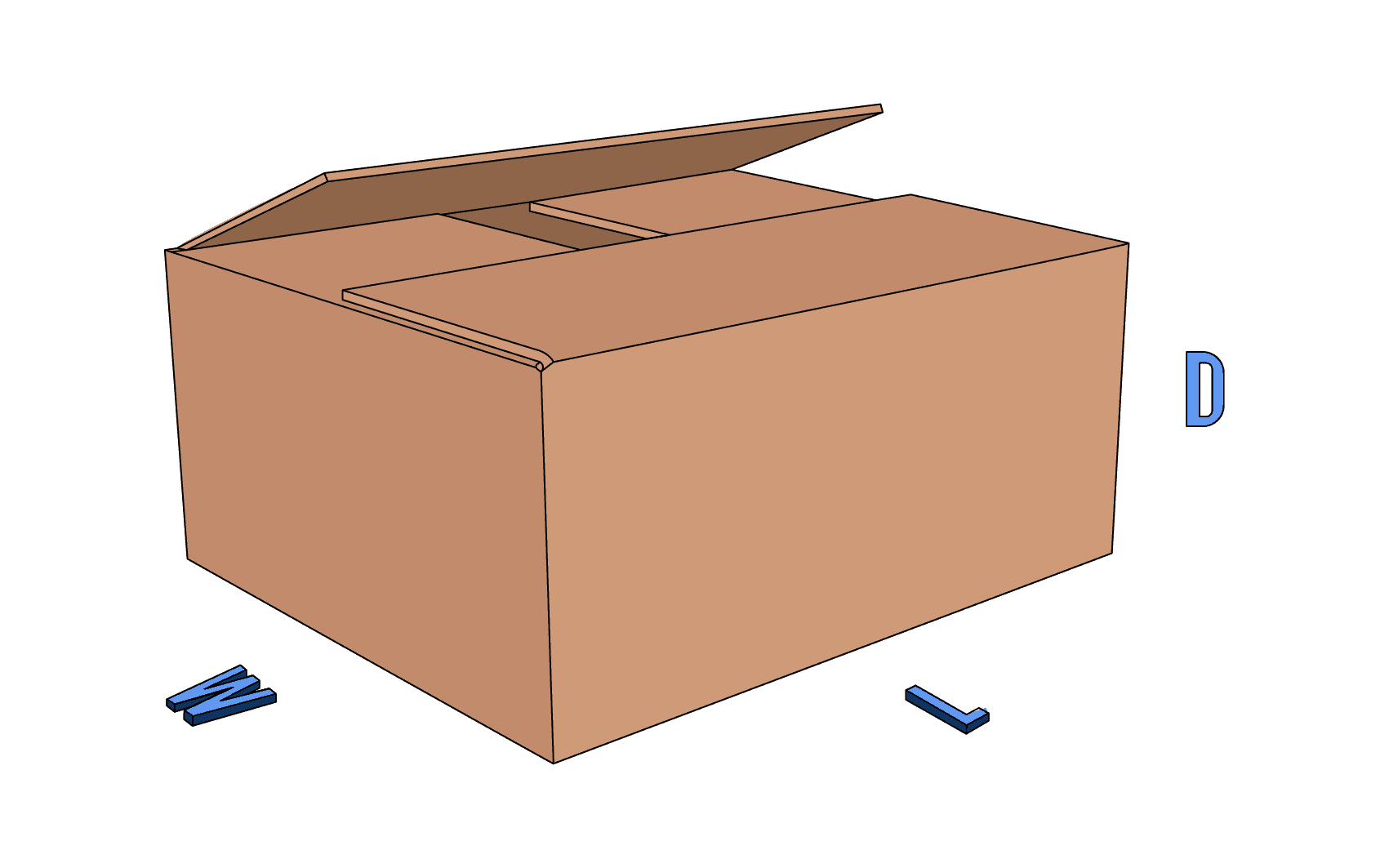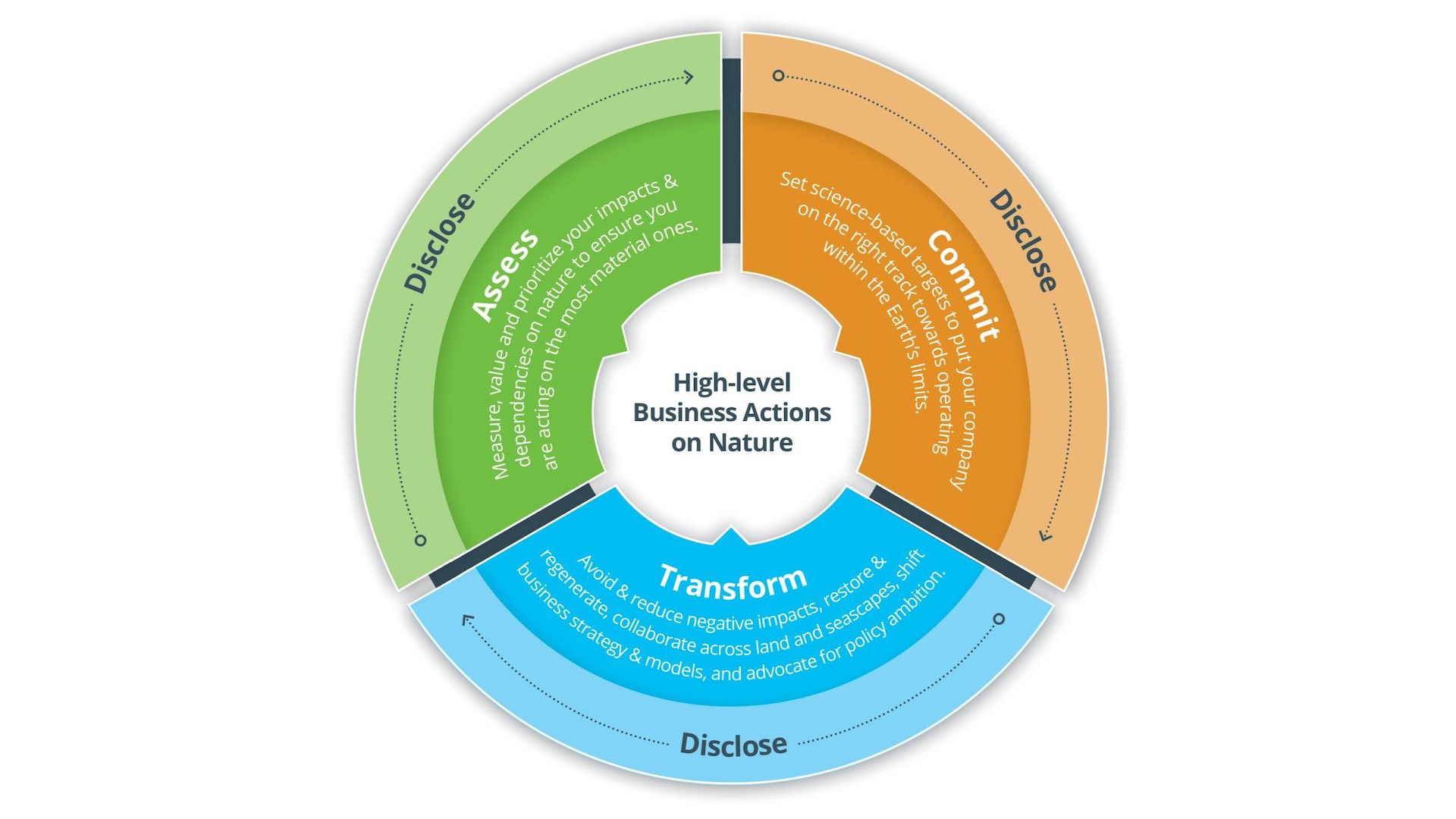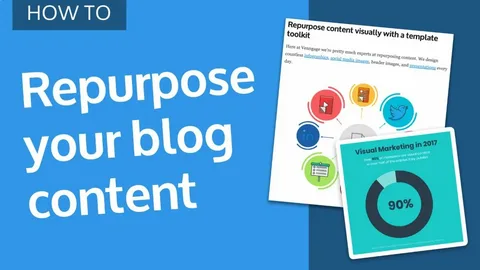How to Get an Unsecured Business Loan: The Definitive Guide
If you are a small business owner looking for financing options, you may have come across the term “unsecured business loan.” But what exactly is an unsecured business loan, and how can you get one? In this definitive guide, we will answer these questions and provide you with the information you need to secure the funding your business needs.
What is an unsecured business loan?
An unsecured business loan is a type of loan that is not backed by collateral. This means that the lender is taking on more risk by providing the loan, as they do not have any assets to seize if the borrower defaults. Because of this added risk, unsecured loans generally come with higher interest rates than secured loans.
Why would you want an unsecured business loan?
There are several reasons why a business owner might prefer an unsecured loan over a secured one. One of the biggest advantages is that there is no collateral required. This means that if you default on the loan, you won’t lose any of your assets. Additionally, unsecured loans are often easier and faster to obtain than secured loans, as there is no need for the lender to appraise and verify collateral.
How to get an unsecured business loan?
- Determine your eligibility
Before you start looking for an unsecured business loan, it’s important to determine whether you are eligible. Lenders will look at several factors when deciding whether to approve your loan, including your credit score, business revenue, and length of time in business.
Generally, lenders will want to see a credit score of at least 600, and your business should have been operating for at least a year. You should also be able to provide proof of revenue, as lenders will want to ensure that you have the ability to repay the loan.
- Choose the right lender
Once you have determined your eligibility, it’s time to start looking for a lender. There are several types of lenders that offer unsecured business loans, including banks, credit unions, and online lenders.
Banks and credit unions may offer lower interest rates than online lenders, but they may also have more stringent eligibility requirements. Online lenders, on the other hand, may have more flexible eligibility requirements, but their interest rates may be higher.
It’s important to shop around and compare offers from several different lenders before making a decision. Look for lenders that specialize in unsecured business loans, as they will be more likely to understand the unique needs of your business.
- Prepare your application
Once you have chosen a lender, it’s time to prepare your application. This will typically involve providing information about your business, including your revenue, expenses, and cash flow.
You may also be asked to provide personal information, such as your credit score and income. Be prepared to provide a detailed business plan that outlines how you plan to use the funds, as well as projections for how the loan will impact your revenue and cash flow.
- Submit your application
After you have prepared your application, it’s time to submit it to the lender. Most lenders will allow you to apply online, although you may also be able to apply in person or over the phone.
Be prepared to provide additional documentation if requested by the lender, and be sure to follow up on the status of your application if you do not hear back within a few days.
- Receive your funds
If your application is approved, you will receive the funds in your business bank account. Be sure to review the terms of the loan carefully, including the interest rate, repayment schedule, and any fees or penalties associated with the loan.
Make sure that you have a plan in place for how you will repay the loan, and be sure to make all of your payments on time to avoid late fees and damage to your credit score.











